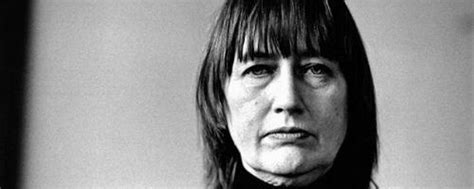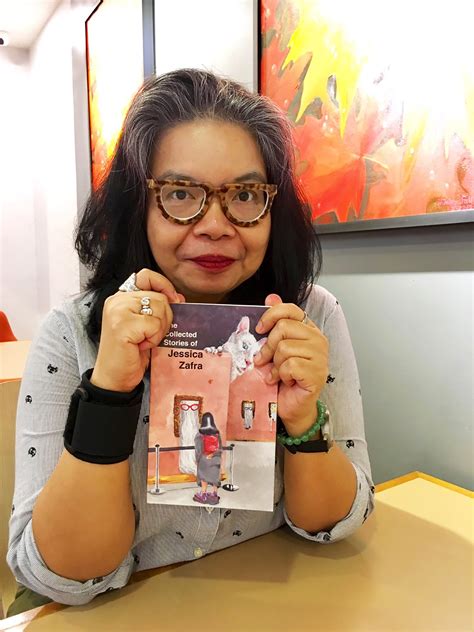A Quote by Susan Howatch
One wonders what would happen in a society in which there were no rules to break. Doubtless everyone would quickly die of boredom.
Related Quotes
"Look," I said, "We knew Jason and Becky would be back, the break would end. This isn't a surprise, it's what's supposed to happen. It's what we wanted. Right?" "Is it?" he asked. "Is it what you want?" Whether he intended it to be or not, this was the final question, the last Truth. If I said what I really thought, I was opening myself up for a hurt bigger than I could even imagine. I didn't have it in me. We changed and altered so many rules, but it was this one, the only one when we'd started, that I would break. "Yes," I said.
The classics of Marxism talked of communism as a society to which a modern society should aspire, a society truly fair, where the relations of monetary exchange were not the priority but one wher the people's needs could be satisfied, and where people would not be worth more according to how much monetary wealth they acquired. Instead their value would be based on their contribution to society as a whole. It would be a society without class that would accept people based on their capabilities and their potential to contribute to that society.
We love and care for oodles of people, but only a few of them, if they died, would make us believe we could not continue to live. Imagine if there were a boat upon which you could put only four people, and everyone else known and beloved to you would then cease to exist. Who would you put on that boat? It would be painful, but how quickly you would decide: You and you and you and you, get in. The rest of you, goodbye.
What everyone underestimated was the acute unpopularity of the Taliban, even in the Pashtun areas. People like myself were saying the Taliban would be driven out very swiftly from the north of Afghanistan, but given that their main support base was in the Pashtun belt, there would be greater resistance there. That didn't happen. The Taliban had become deeply unpopular and were actually discarded by the Pashtun population almost as quickly as they were in the north. I don't see the Taliban coming back in any way.
If the world were a paradise of luxury and ease, a land flowing with milk and honey, where every Jack obtained his Jill at once and without any difficulty, men would either die of boredom or hang themselves; or there would be wars, massacres, and murders; so that in the end mankind would inflict more suffering on itself than it has now to accept at the hands of Nature.
He was prepared to die for it, as one of Baudelaire's dandies might have been prepared to kill himself in order to preserve himself in the condition of a work of art, for he wanted to make this experience a masterpiece of experience which absolutely transcended the everyday. And this would annihilate the effects of the cruel drug, boredom, to which he was addicted although, perhaps, the element of boredom which is implicit in an affair so isolated from the real world was its principle appeal for him.
We hated Bauhaus. It was a bad time in architecture. They just didn’t have any talent. All they had were rules. Even for knives and forks they created rules. Picasso would never have accepted rules. The house is like a machine? No! The mechanical is ugly. The rule is the worst thing. You just want to break it.



































